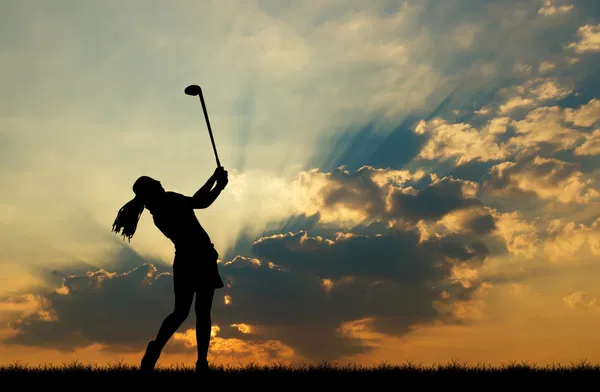
For years, Michelle Wie West was one of golf’s brightest stars—a teenage phenom who hit 300-yard drives, battled the pros, and captivated fans around the world. But over time, injuries, high expectations, and the relentless demands of Tour life wore her down. Today, she’s traded fairways for tennis courts, focusing on life beyond competition.
Wie West, who won the 2014 U.S. Women’s Open, officially stepped away from professional golf in 2022 due to persistent wrist and hand injuries. Since then, she’s embraced motherhood, launched business ventures, and picked up tennis as a new passion. Still, golf remains close to her heart, and recently she spoke candidly about one of the game’s growing issues: slow play.
– Favorite courses
– New hobbies
– Being a tournament hostWe caught up with Michelle Wie West to get the scoop on life after pro golf.https://t.co/mMvuz9UIZR
— GOLF.com (@GOLF_com) April 26, 2025
In an interview with GOLF.com, Wie West offered a simple solution for faster rounds: preparation. “Just be ready. I don’t understand players who only start their process when it’s their turn to hit,” she said. Drawing from her own experience as a long hitter, she explained that players have plenty of time to do their homework while walking to the ball.
She also emphasized the need to keep golf “reactionary,” warning that overthinking leads to mistakes. Wie West argued that fast play is a learned habit, not something that suddenly appears or disappears. Slow habits, often developed in junior and college golf, become even worse under the pressure of the pros.
Despite these challenges, Wie West remains optimistic. She believes the sport is moving in the right direction by trying to encourage faster play—a shift she says is crucial for keeping golf exciting and appealing, especially for casual fans.
But Wie West’s perspective extends beyond pace of play. She is part of a larger trend sweeping the LPGA: stars stepping away from the game earlier than ever.
An Era of Early Goodbyes
Wie West’s retirement is one piece of a broader story. In just the last year, an unprecedented wave of LPGA players, many still in their prime, have retired or scaled back their careers. For Wie West, the reasons are clear: life priorities shift.
She pointed out the different realities male and female athletes face, especially around family planning. “We have a biological clock, and there are things we need to consider,” she said. “It wasn’t sustainable for me to play into my fifties or sixties, and that was a personal decision I made.”
Other LPGA stars like Lexi Thompson, Amy Olson, Ally Ewing, Gerina Mendoza, and So Yeon Ryu have made similar choices. Even Brittany Lincicome, an eight-time LPGA winner, realized after volunteering at her daughter’s school that there’s more to life than chasing trophies.
Ironically, the growing prize money on tour has made it easier for players to retire earlier. Financially secure, many are choosing to step away while they’re still young, embracing new adventures outside the ropes.
As Wie West noted, the LPGA’s culture creates a different career trajectory compared to the PGA Tour. For many women, a decade or so on tour is enough to call it a full, successful career—leaving a major impact on the sport even as they move on.